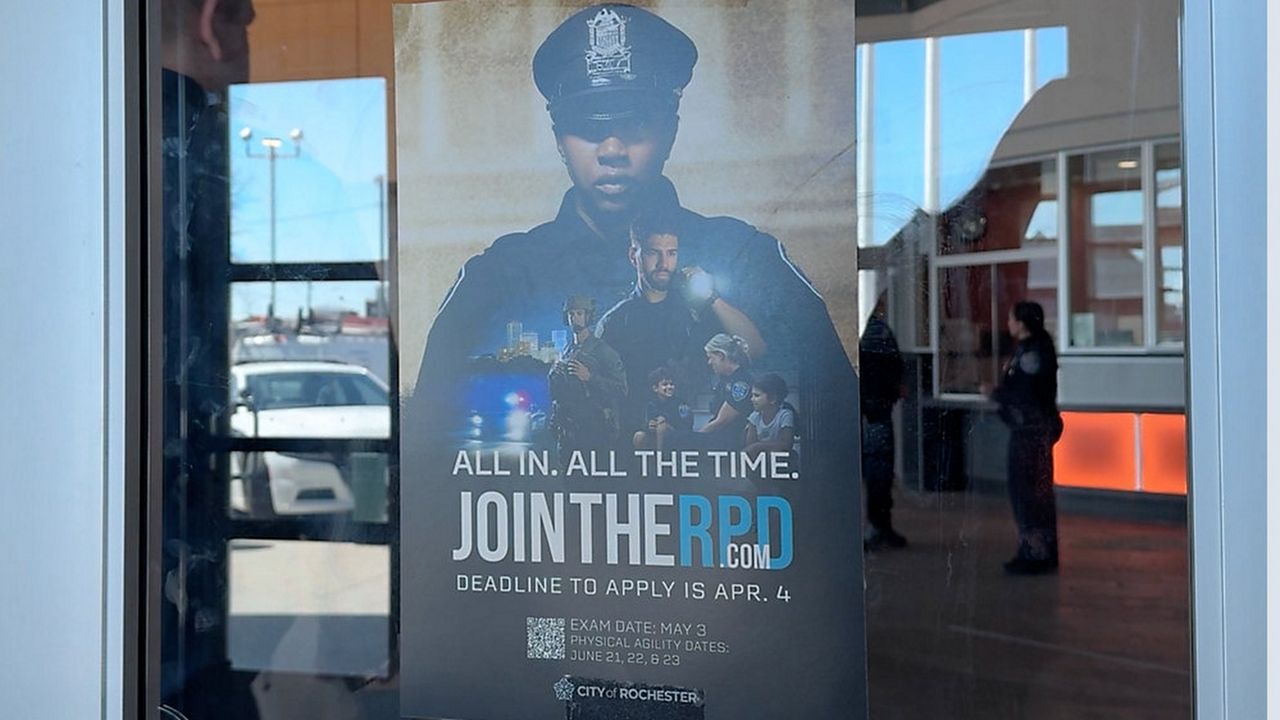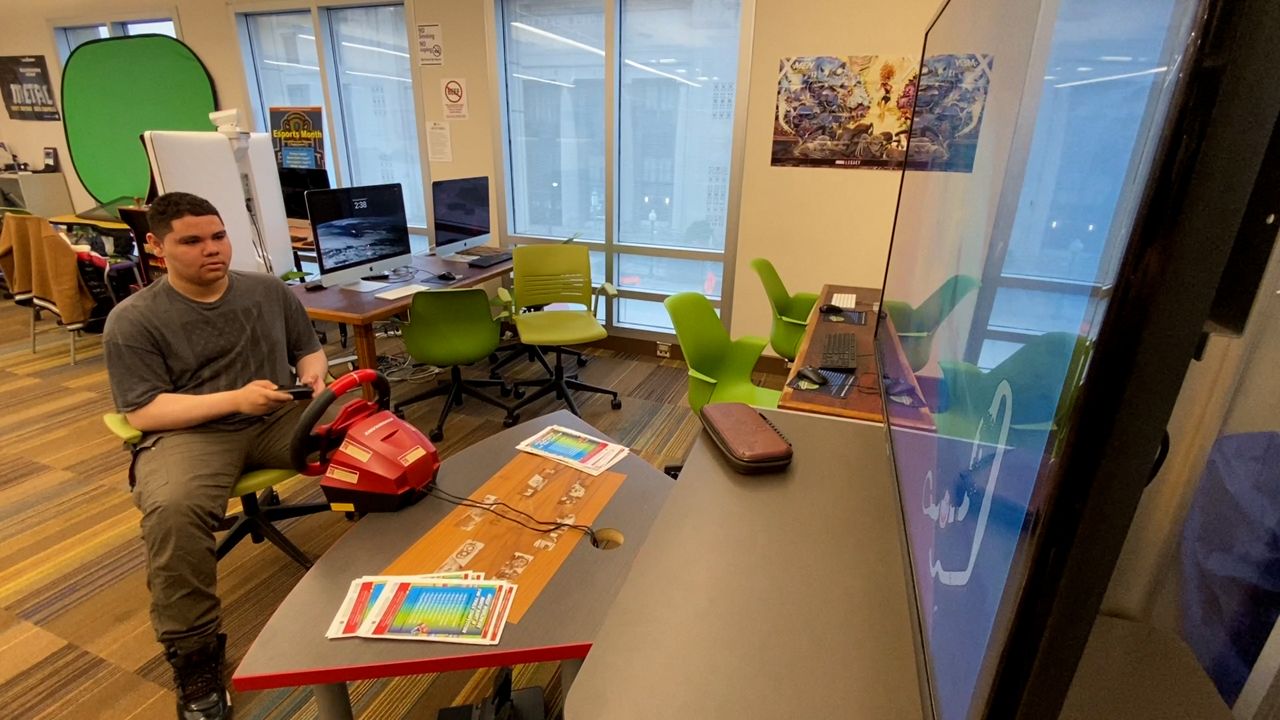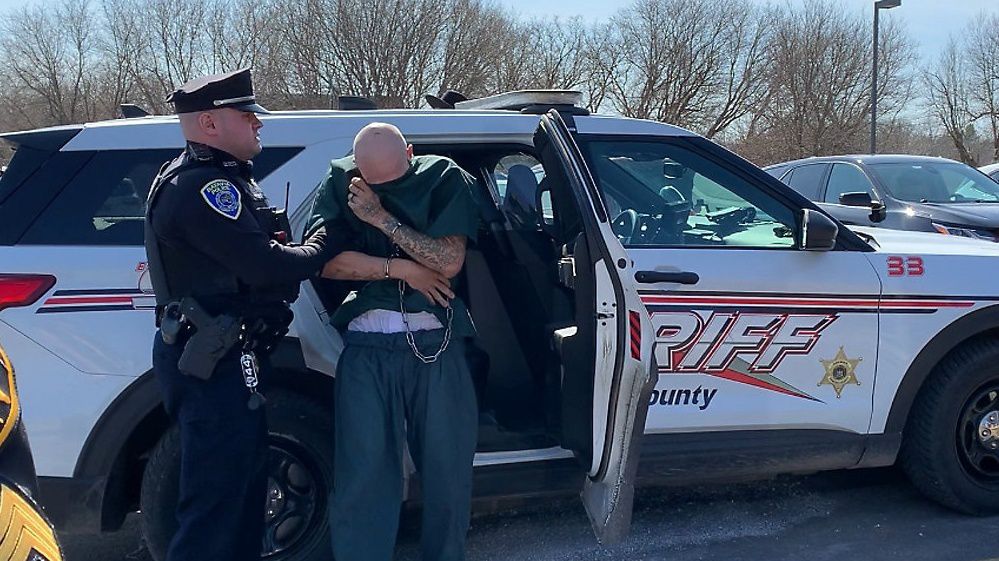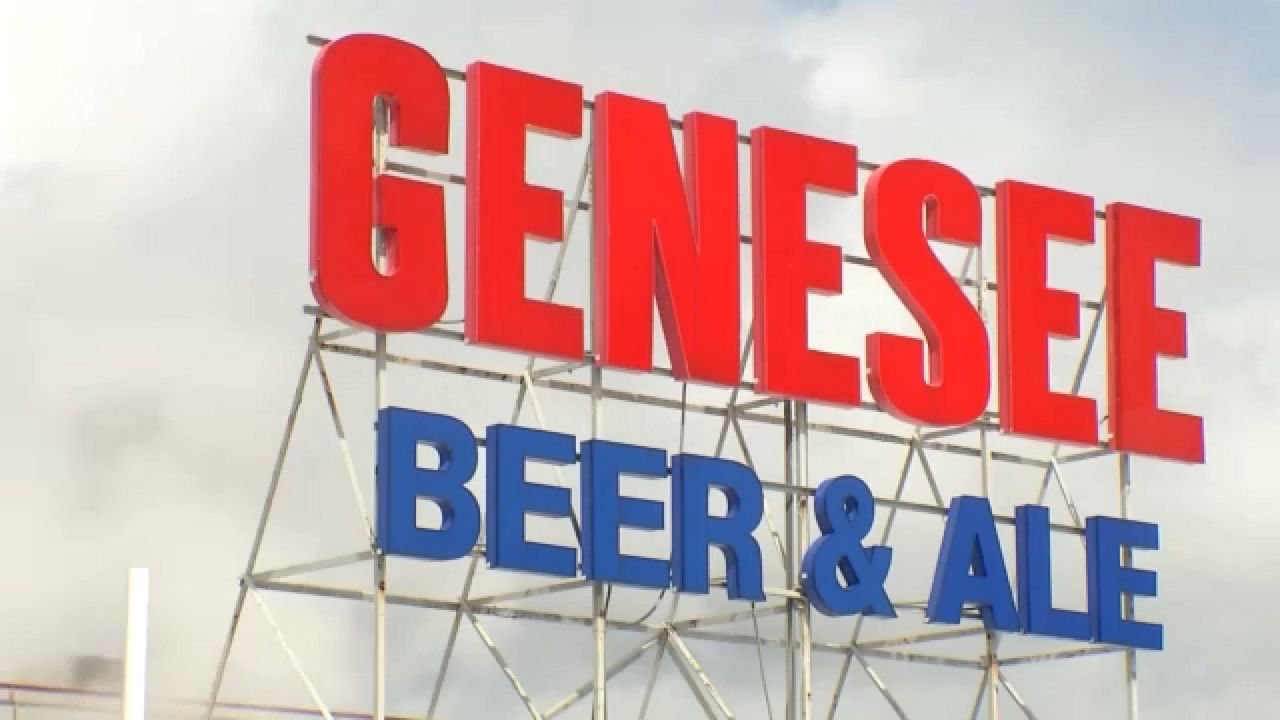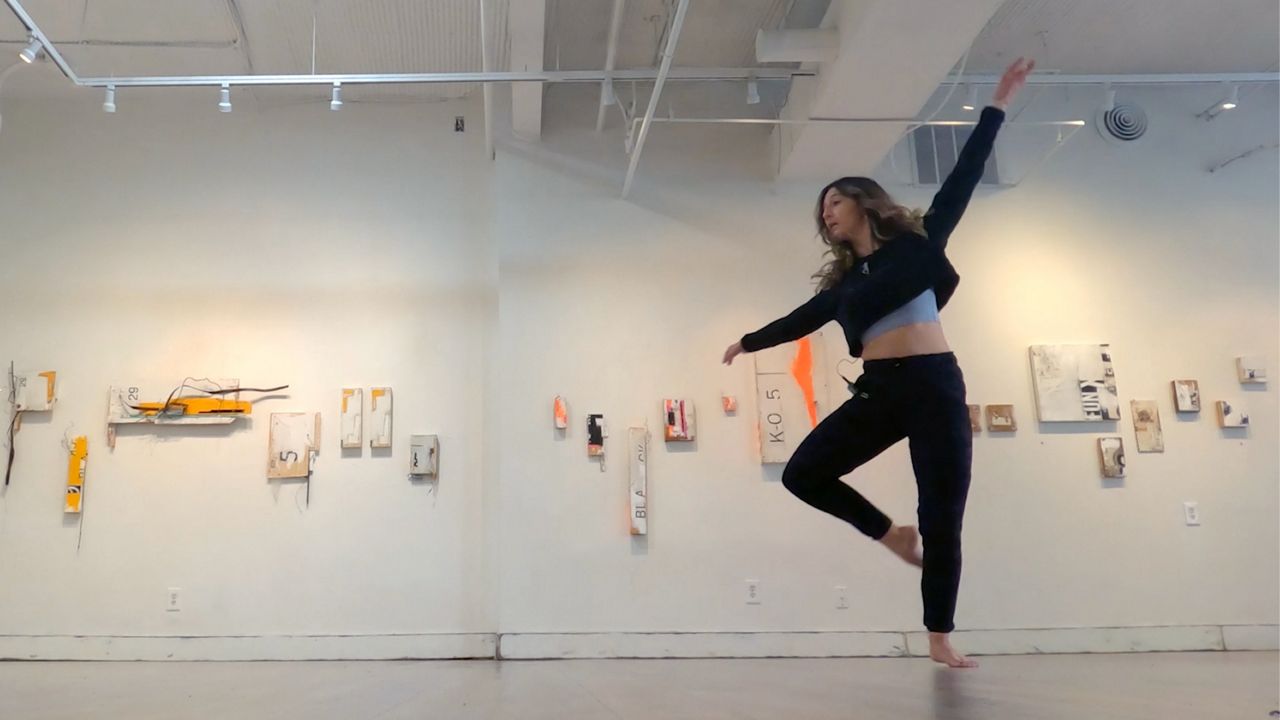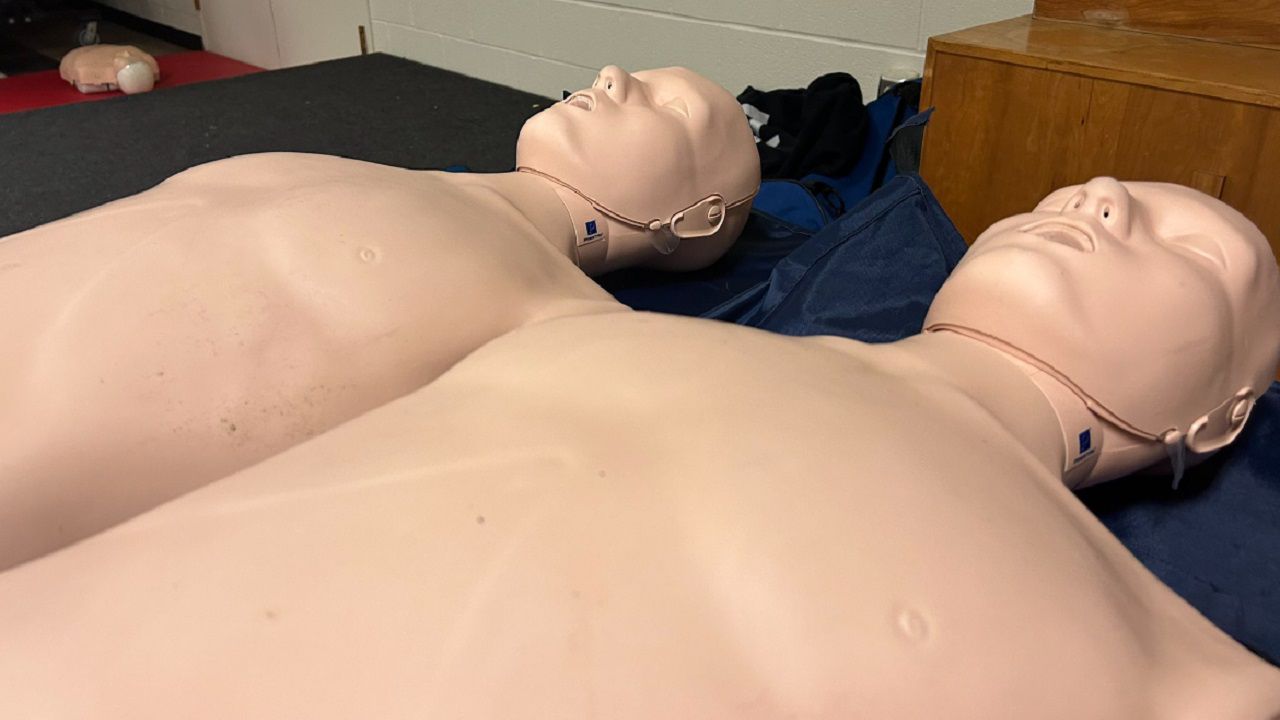ROCHESTER, N.Y. — March is Brain Injury Awareness Month. It's a time to learn about the signs of brain injury and get educated about the resources available.
One person who suffered a traumatic brain injury shares a story from the heart to help others protect their heads.
Every day, Tedd Pullano works out to get stronger.
Therapists at Rochester Regional Health push him a little further for each session, celebrating recent victories, like running.
But for Pullano, his brain injury in December had changed the course of his life — taking him from the hospital bed to the treadmill.
“I don't remember the fall,” Pullano said. “That's how severe it was. I couldn’t walk. And you're like, 'am I never going to think straight? Am I ever going to move again?' You don’t really know.”
Left in critical care for several weeks, Pullano now spends his days in recovery restoring his health.
Nearly 3 million people suffer a brain injury,
Every year, about 2.8 million Americans sustain a traumatic brain injury, according to the Brain Injury Association of America. This includes the most common brain injury, a concussion.
“While we love helping everybody,” certified therapeutic recreation specialist Allison Almekinder said. “We really would prefer if everyone is safe and healthy. A bunch of the doctors and staff on our unit over at Golisano, we were talking about, what could we do to help decrease the amount of brain injuries we see in the Rochester community."
Rochester Regional Health’s Golisano Restorative Neurology and Rehabilitation hosts a helmet drive for local kids in need.
“So, when we were looking at ways to have prevention for our community, we wanted something that would be quick, simple and cost-affordable,” Almekinder said. “And we realized that providing bike helmets would just be one of those opportunities to help people who may not have the resources.”
They are finding that the best treatment for brain injury is prevention.
“It can be an invisible disease,” Almekinder said. “Knowing Tedd’s situation he's up and he's moving pretty well, really recent from his accident. But they may have some cognitive or speech difficulties that people just don't see at first glance. One of the easiest ways to protect our brain is to just cover them.”
Pullano uses his own story to support the drive, hoping people do not take life for granted and appreciate the routine.
The drive is open throughout the month of March and into April online. The facility is also offering physical collection boxes at total sports experience locations. Every penny raised goes directly to the purchase of new skate and bike helmets. They are distributing them at the city of Rochester R-Centers along with the mayor's office.




